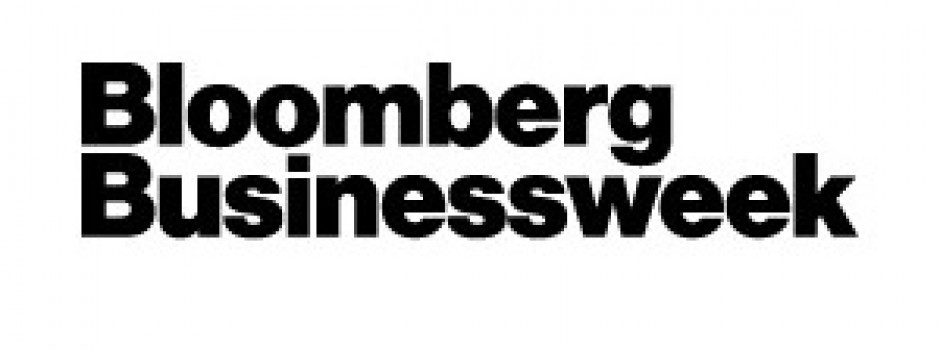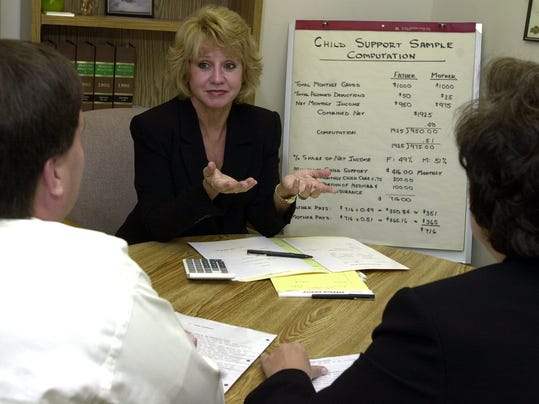"What's Happening in Conflict Resolution" is a weekly round up of the all the ADR news, jobs, events and more. Check it out each week and view past versions [HERE].


Learn about the criteria and diverse skills needed to be part of the original law enforcement hostage negotiation team
Crisis and hostage incidents are known for being stressful, unpredictable, tense, anxiety-filled, and emotionally driven. Add to this volatile concoction is that these incidents often can involve violence that has been threatened or having already occurred. A midst these chaotic incidents New York City Police Department hostage negotiators emerge to provide the antidote to the ensuing turbulence.
Read more [HERE].

 These and other tactics share a fatal flaw: the mistaken idea that any agreement is better than no agreement. In other words, most business schools teach that compromise is the way to go.
These and other tactics share a fatal flaw: the mistaken idea that any agreement is better than no agreement. In other words, most business schools teach that compromise is the way to go.
The masterful negotiator never goes to the negotiating table with a set of preconditions, assumptions, or expectations for gaining agreement. This leads to making bad deals, giving up too much through compromise, and losing one’s advantage.
Read more from Businessweek.com [HERE].


Building up a rapport with someone can help in any relationship, especially when it’s one built by a negotiator during a hostage situation.
Houston County Sheriff’s Capt. Bill Rafferty served as the primary negotiator in the Midland City bunker hostage crisis last year.
Thursday, the director of the FBI, James B. Comey, presented Rafferty with the FBI medal for Meritorious Achievement for his role in the negotiations, which eventually led to the safe rescue of 5-year-old Ethan Gillman, who was held hostage for nearly a week.


I’ve been a lawyer for almost 30 years and a mediator since 1990. I’ve learned how to help resolve people’s problems, getting them not only what they say they want, but what they really want and aren’t telling me.
I have five secrets that have changed my life and those of the people I work and play with.
I’ll let you in on these secrets. Use them wisely. They are powerful tools.
• Listen. I mean really listen. Shut off your phone, turn away from your computer, make the outside world go away. Focus entirely on what your boss, friend, child or romantic partner is saying. Actively listen. Answer back with phrases like, “I’m sorry this happened to you.” “So what you’re saying is …” “What are three things you wish could happen to make this better?”
Read the full list from FloridaToday.com [HERE].


(Originally posted at TammyLenski.com)
Are you a conflict resolution professional planning to attend the Association for Conflict Resolution annual conference in October? If so, I hope we’ll have a chance to catch up in person.
Here’s one place we can connect: I’ll be teaching a conflict resolution workshop on how to address chronic conflict and tension in ongoing personal and business relationships. The workshop is scheduled for the morning of Friday, October 10 and continuing education credits are available.
Coaching the Conflict Pivot: Three Steps to Help Free Clients from Conflict
A pivot is a change of direction and, therefore, focus. Since most people stuck in states of conflict and tension
focus attention in ways that get them stuck and cause the conflict to gnaw at them, freedom from a conflict means pivoting in three key ways. This session, based on a framework I’ve developed and used with clients over the past decade, will teach conflict management coaches and mediators how to guide their clients through three essential conflict pivots.
You will learn:
1. The basics of my 3-part framework for freeing individual clients and client groups from chronic conflict.
2. How to apply the basic framework in a coaching or mediation setting.
3. The best ways to advance their skill and facility in using the framework with clients.
I hope you’ll join me for the workshop and we can visit in person.

News, Jobs, & More





You need to be a member of ADRhub - Creighton NCR to add comments!
Join ADRhub - Creighton NCR